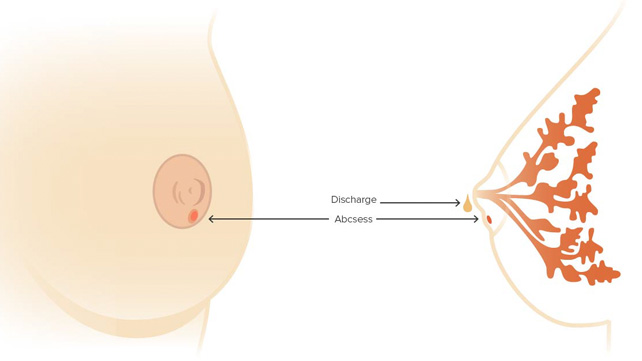Possibly no other disease is as carefully connected to nutrition as diabetes. Not just does nutrition play a role in its advancement, nutrition is also one of the diseases most effective treatments.1 Because of this strong and crucial connection to nutrition, researchers https://www.bestofcosmeticsurgery.com/category/face/ have carefully studied the use of nutritional supplements in the treatment of the illness. They discovered that lots of vitamins, such as vitamin C and the B vitamins, minerals such as chromium, along with herbs like Gymnema sylvestre, can securely, successfully, and naturally lower blood sugar level and assist avoid diabetic problems. What is even more important, nevertheless, is that these vitamins, minerals, and herbs can be integrated together in a scientifically verified diabetic formula to work synergistically.
Individuals with type 1 diabetes need to be treated with insulin in order to stay alive.

If uncontrolled for many years, diabetes mellitus can result in more severe health problems:
1. Capillary damage within the eye (retinopathy). This can result in blindness.
2. Kidney disease (nephropathy) or kidney failure.
3. Nerve damage (neuropathy) especially of the hands and feet, causing tingling, pins and needles and weakness.
4. Narrowing of the blood vessels due to fatty deposits (atherosclerosis). This increases the risk of cardiac arrest, stroke and poor blood circulation in the legs.
Unchecked gestational diabetes can lead to a large child and a difficult birth. It can likewise increase the risk of establishing type 2 diabetes later in life.
Diabetes-- Blood circulation problems
High blood sugar level damages capillary. When high levels of sugar are continually in the blood, the blood vessels become thicker and less flexible, causing poor circulation. Poor blood circulation can hinder healing, particularly on the feet and lower legs. High blood sugar level likewise triggers higher levels of fat in the blood stream. The fat obstructions and narrows the blood vessels. Partial obstructions deprive the heart of some needed nutrients. A complete blockage can lead to a heart attack, heart pain (called angina), or stroke.
Magnesium
Although the relationship in between magnesium and diabetes has actually been studied for decades, it is not yet completely understood. Studies suggest that a deficiency in magnesium may get worse the blood sugar control in type 2 diabetes. Scientists think that a deficiency of magnesium disrupts insulin secretion in the pancreas and increases insulin resistance in the body's tissues. Evidence recommends that a deficiency of magnesium might contribute to specific diabetes issues.